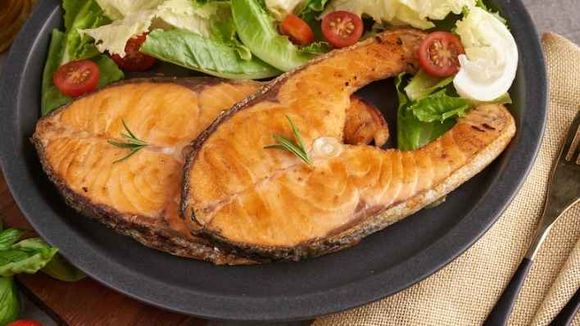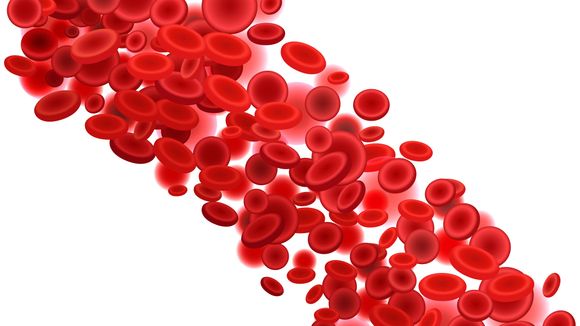What is a heart attack?
A heart attack occurs when blood flow to the heart is severely reduced or blocked. The blockage is usually due to the accumulation of fat, cholesterol and other substances in the heart (coronary) arteries. Fatty deposits containing cholesterol are called plaques. The process of plaque buildup is called atherosclerosis.
Sometimes plaque can burst and form a clot that blocks blood flow. Lack of blood flow can damage or destroy part of the heart muscle.
Heart attack is also called myocardial infarction. Immediate treatment of a heart attack is necessary to prevent a fatal outcome, which means immediately seeking emergency care. [ref. 1]
Symptoms of heart attack (myocardial infarction)
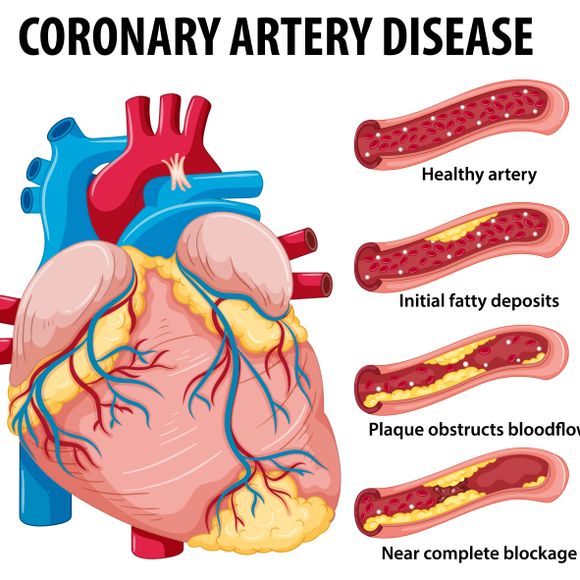
The symptoms of heart attack are different. Some people may have mild symptoms, while others have severe symptoms. There may be no pre-existing symptoms. [ref. 2]
The most common symptoms of myocardial infarction include:
- Chest pain that can be felt as pressure, tightness, squeezing
- Pain or discomfort that spreads to the shoulder, arm, back, neck, jaw, teeth, or sometimes upper abdomen
- Cold sweat
- Fatigue
- Heartburn or indigestion
- Dizziness or sudden dizziness
- Nausea
- Shortness of breath
Women may have atypical symptoms, such as brief or sharp pain in the neck, arm, or back. Sometimes the first sign of a heart attack is a sudden cardiac arrest.
Some heart attacks occur suddenly. But many people have warning signs and symptoms hours, days, or weeks in advance. Chest pain or pressure (angina) that continues to occur and doesn't go away with taking a break may be an early warning sign. Angina is caused by a temporary decrease in blood flow to the heart. The two conditions are different, so for any of the listed symptoms, seek medical attention.
Why do arteries become clogged?
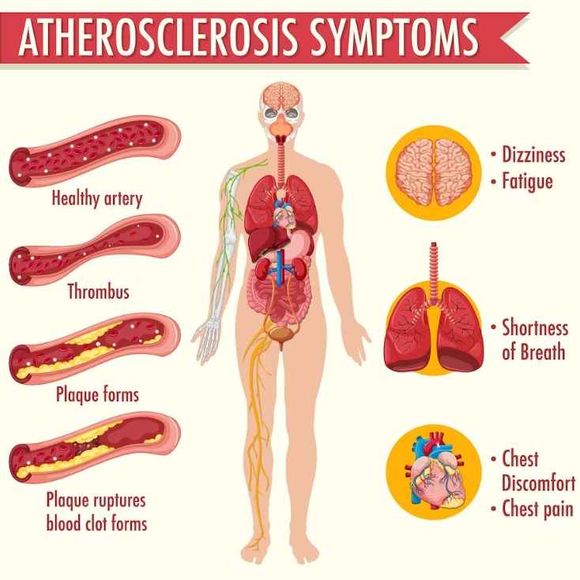
Usually we are talking about a set of several risk factors that increase the risk of developing cardiovascular disease. Some of the most common risk factors include:
- High blood pressure
- Obesity
- Inadequate diet - poor in healthy fats and fiber
- Sedentary lifestyle
- Cigarette smoking
- Diabetes
- Genetic factors/family history
If you have any of these risk factors, it's important to make the necessary changes to reduce your risk of clogging your arteries. Switching to a healthier diet, quitting smoking, losing weight and more physical activity during the day can have a huge impact on your cardiovascular health.
Foods That May Help Prevent Clogged Arteries and Release Them
If you build your diet properly, i.e. if it includes mostly healthy foods, it brings benefits for overall health. Some foods can help release arteries naturally, as well as prevent clogging. This protects your cardiovascular health and reduces the risk of some of today's deadliest conditions.
Let's see what foods have benefits for cardiovascular health and help unclog the arteries:
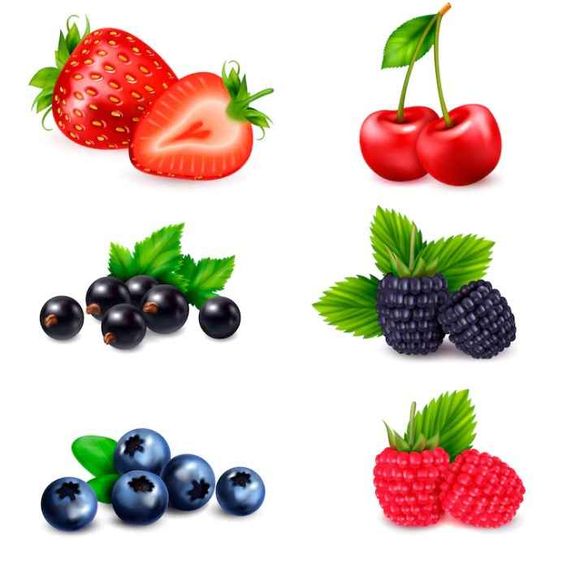
- Berries - the most useful are strawberries, blueberries, cranberries, blackberries and raspberries. Studies have shown that berries reduce inflammation, support heart health, and improve oxidation. [Ref. 3] Research has also shown that eating berries significantly reduces risk factors for atherosclerosis, including elevated LDL (bad) cholesterol, blood pressure, and blood sugar levels. [ref. 4]
- Avocado - instead of mayonnaise in your burger or sandwich, replace it with a little avocado. Studies have shown that daily consumption of avocado leads to an improvement in blood cholesterol (lower LDL and higher HDL). HDL cholesterol is the cholesterol that helps remove cholesterol from the arteries and prevents plaque formation.
- Asparagus - a natural food for cleansing the arteries. It can help lower blood pressure and prevent blood clots that can cause heart disease. This vegetable is packed with fiber and minerals, along with a long list of vitamins, including K, B1, B2, C, and E.
- Pomegranate - this fruit contains phytochemicals that act as antioxidants to protect the lining of the arteries from damage. Pomegranate juice stimulates the production of nitric oxide in the body, which helps keep blood circulation good and arteries clean.
- Broccoli - broccoli is rich in vitamin K, which helps protect the arteries from damage. It is also packed with fiber, which can help lower blood pressure and cholesterol levels.
- Garlic - Garlic is one of the best sources of the therapeutically beneficial medical compound allicin. Studies have shown that high doses of garlic extract for a long time are effective in reducing blood pressure and bad LDL cholesterol.
- Sesame seeds some studies show that eating sesame seeds regularly can help reduce high cholesterol and triglycerides which are risk factors for heart disease. Sesame seeds consist of 15% saturated fat, 41% polyunsaturated fat and 39% monounsaturated fat. They are also an excellent source of fiber for good digestion. Additionally, lignans, vitamin E, and other antioxidants in sesame seeds can help prevent plaque buildup in the arteries, potentially supporting healthy blood pressure. [ref. 5]
- Turmeric - this spice is a powerful anti-inflammatory agent. It acts to reduce inflammation, which is a major cause of arteriosclerosis - hardening of the arteries. Adding turmeric to your diet can reduce damage to arterial walls, reducing the chances of a blood clot forming. [ref. 6]
- Foods rich in L-arginine - in the body the amino acid arginine is converted into nitric oxide (NO). Nitric oxide is a powerful neurotransmitter that helps blood vessels relax and also improves blood circulation. Some evidence suggests that arginine may help improve blood flow in the arteries of the heart. Some of the most nutritious foods high in L-arginine include turkey, pork tenderloin, chicken, pumpkin seeds, soybeans, peanuts, spirulina, dairy, chickpeas, and lentils. [ref. 7]
- Fish - Fish is rich in essential nutrients, including omega-3 fats. Eating an omega-3-rich diet can help reduce the risk of atherosclerosis. Studies have shown that omega-3s help reduce the expression of cellular adhesion molecules proteins that allow cells to stick to each other and their surroundings. Your body releases cell adhesion molecules in response to inflammation, and they are the driving force behind the clogged arteries. In addition, fish intake is associated with a reduced risk of atherosclerosis. [ref. 8]
